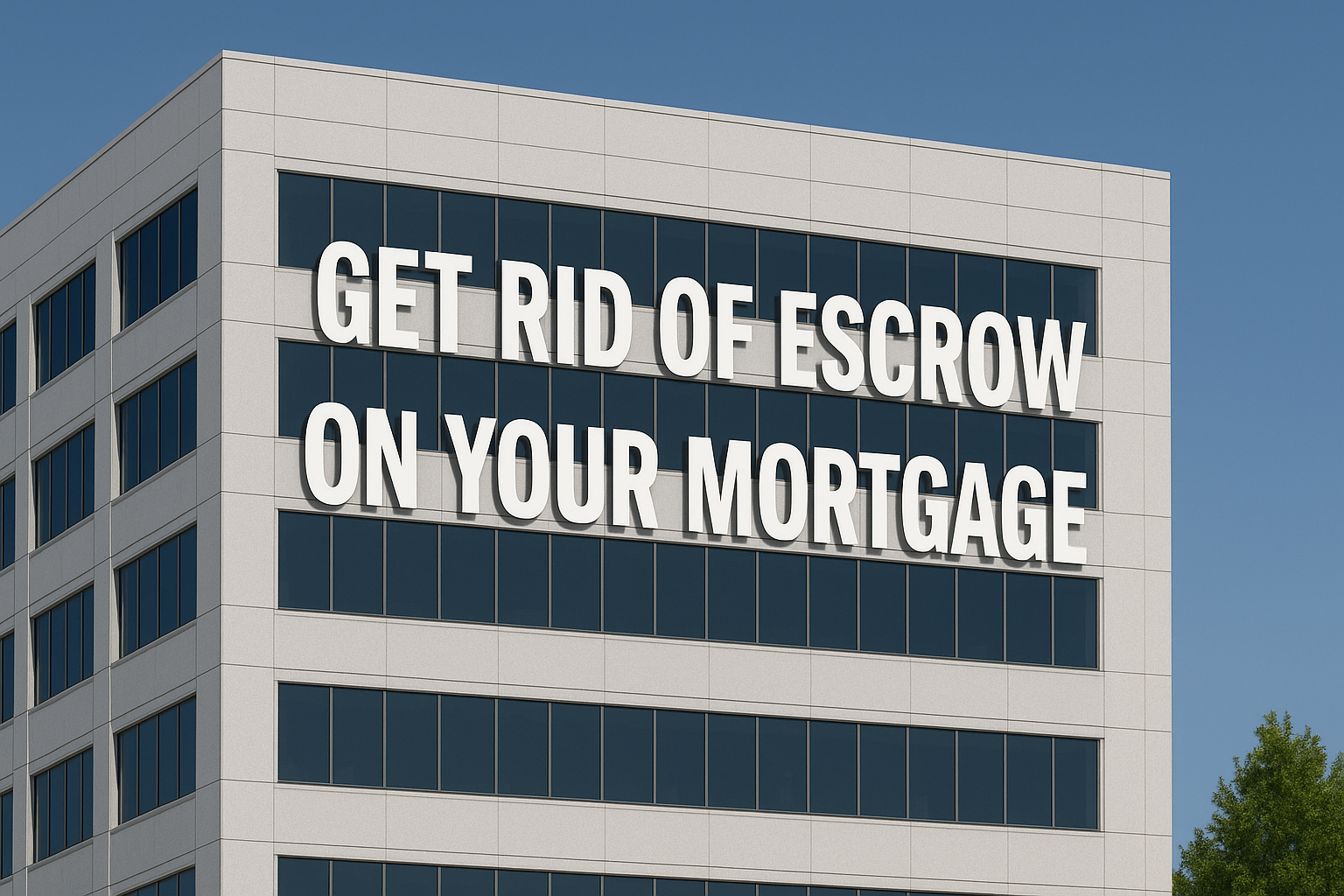When it comes to managing your mortgage, understanding the ins and outs of escrow can be quite confusing. Escrow is a financial arrangement where a third party holds and regulates payments on your behalf. It is common for homeowners to have an escrow account for property taxes and insurance. However, many people wonder if they can get rid of escrow on their mortgage and take control of these payments themselves. In this article, we will explore the possibilities and considerations of removing escrow from your mortgage.
The Advantages of Escrow
Before we delve into the possibilities of eliminating escrow, it is essential to understand the benefits it offers. One of the significant advantages of escrow is its convenience. Having a single monthly payment that covers your mortgage, property taxes, and insurance can simplify your financial management. You don’t have to worry about remembering multiple due dates or making individual payments.
Furthermore, having an escrow account ensures that your property taxes and insurance premiums are paid on time. This helps protect you from any penalties, late fees, or even the risk of losing your insurance coverage. It provides peace of mind, knowing that your financial obligations are being met smoothly.
Considerations for Removing Escrow
While escrow offers convenience and peace of mind, some homeowners prefer to handle their property taxes and insurance payments independently. There are a few considerations you should keep in mind if you are considering eliminating escrow on your mortgage:
1. Lender Requirements
First and foremost, you need to check with your mortgage lender to determine whether they allow the removal of escrow. Some lenders require escrow accounts, especially for borrowers with low down payments or a history of late payments. They view it as a way to protect their investment and ensure that essential payments are made on time.
2. Equity And Loan-to-value Ratio
If you want to remove escrow, you may need to meet specific equity requirements. Lenders often impose a minimum loan-to-value ratio as a condition for eliminating escrow. This means you may need to have a certain amount of equity in your home, typically 20%, before being eligible for escrow removal.
3. Additional Costs
When considering eliminating escrow, you should also factor in any additional costs. For example, your lender may charge you an annual fee for not having an escrow account. Additionally, you will be responsible for making timely property tax and insurance payments yourself. Make sure you are financially prepared to handle these expenses on your own.
4. Financial Responsibility
Removing escrow means taking on the responsibility of managing your property taxes and insurance payments. You must ensure that you have the discipline and financial stability to make these payments promptly. Late payments could result in penalties, interest charges, or even legal consequences.
Weighing the Pros and Cons
Ultimately, the decision to eliminate escrow depends on your personal preferences and financial situation. Consider the following pros and cons before making a final decision:
| Pros | Cons |
|---|---|
|
|
Consult with Professionals
If you are considering removing escrow from your mortgage, it is advisable to consult with professionals such as your lender, financial advisor, or even a real estate attorney. They can guide you through the process and provide valuable insights specific to your situation.
Remember, every homeowner’s circumstances are unique, and what works for one may not work for another. Take the time to evaluate the advantages and disadvantages, and make an informed decision that aligns with your financial goals and capabilities.
While it is possible to get rid of escrow on your mortgage, it is important to understand the potential challenges and responsibilities that come with it. Make sure you are ready to assume these responsibilities before making any decisions. Always consult with professionals who can provide expert advice tailored to your specific needs.
Frequently Asked Questions On Can I Get Rid Of Escrow On My Mortgage: Your Complete Escrow Removal Guide
Can I Remove Escrow From My Mortgage?
Yes, you have the option to remove escrow from your mortgage, but it’s important to consider the pros and cons before making a decision.
What Are The Benefits Of Removing Escrow?
Removing escrow allows you to have more control over managing your own property tax and insurance payments, while potentially earning interest on the funds held in escrow.
What Are The Drawbacks Of Removing Escrow?
Without escrow, you will be responsible for making timely property tax and insurance payments on your own, which requires careful budgeting and organization. Additionally, if you fail to make these payments, you could face penalties, foreclosure, or loss of coverage.
How Do I Remove Escrow From My Mortgage?
To remove escrow, you will typically need to contact your lender and request an escrow waiver. However, lenders may have specific requirements or criteria that must be met before they approve the removal of escrow.
Conclusion
Getting rid of an escrow account on your mortgage is possible, but it depends on your lender’s policies and your loan terms. While eliminating escrow gives you more control over when and how you pay property taxes and insurance, it also requires greater financial discipline to avoid late payments or lapses in coverage.
Before proceeding, weigh the pros and cons carefully and speak directly with your mortgage servicer to understand the requirements and potential fees. If your loan-to-value ratio is favorable and your payment history is strong, you may have a good chance to cancel escrow and manage these expenses independently.
Ismail Hossain is the founder of Law Advised. He is an Divorce, Separation, marriage lawyer. Follow him.





Leave a Reply